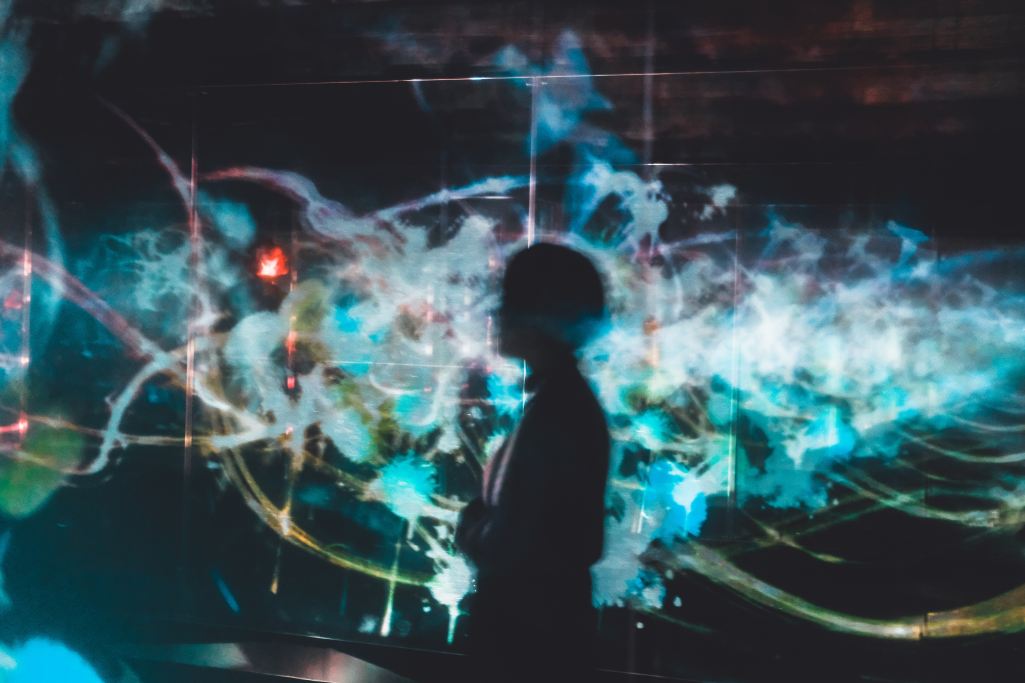Same Trick
2nd Black Belt
The earliest periodic table is said to have listed aether but was soon removed because there was no relevance for it anymore, science had advanced.
Follow along with the video below to see how to install our site as a web app on your home screen.
Note: This feature may not be available in some browsers.
Which is in many ways a suitable analogy- A flawed concept that nevertheless concealed a much more complex truthThe earliest periodic table is said to have listed aether but was soon removed because there was no relevance for it anymore, science had advanced.
In this episode, Bill Moyers travels to China to learn about healing and the mind from another culture. “What I discovered in China was another way of thinking about mind and body, about health and illness and a phenomenon called chi,” Bill Moyers tells the audience in his introduction.
Since motion and change are essential properties of things, the forces causing the motion are not outside the objects, as in the classical Greek view, but are an intrinsic property of matter. Correspondingly, the Eastern image of the Divine isnot that of a ruler who directs the world from above, but of a principle that controls everything from within:

In my opinion, one problem here lies in plucking the concept of qi out of the context, out of the idiom, out of the specific metaphor at hand. While Chinese culture privileges unity and integration in understanding concepts, western culture privileges division and segmentation as a means of understanding. Both are useful, but it helps to know when to apply one or the other.
Similarly, Tai Chi pays attention to form Qi and focuses on slowing down and softening the muscles.
Whether the "jin" in it refers to the fascia system recognized by the West is still undecided.
However, if we can better understand the structure of the body, it may help boxing.
Understanding of frame and boxing principles. This article roughly summarizes or excerpts some expert opinions.
Care to share details?Actually there are many studies on going.
Some might find interesting reading
Care to share details?
How to train fascia?
After the publication of the previous article on fascia theory (" On Tai Chi and Fascia Theory "), many people had this question, but there was no good answer at the time. However, with the new progress in fascial research in recent years, fascial kinematics has also begun to develop.
Fascial kinematics mainly analyzes the patterns of movement and action control from the perspective of fascia. It has a more in-depth discussion of the function and role of fascia and develops the basic structure of fascial training.
If the fascial theory in the previous article can increase the understanding of body structure and boxing principles, then the more in-depth discussion of fascial function and the structure of fascial training in fascial kinematics may bring more What a different inspiration.
Oh, I’ll quickly learn Chinese, in that case.The link provided lists some of the ongoing studies and theories being explored.
Well, browsers these days translate, to some extent.Oh, I’ll quickly learn Chinese, in that case.
Back in the 80th, we heard Qi Gong masters all over China. Today, we do hear that anymore. There must be a good reason for it.
During Jimmy Carter’s presidency, the most dramatic moment in Sino-American relations occurred on December 15, 1978, when, following months of secret negotiations, the United States and the People’s Republic of China (PRC) announced that they would recognize one another and establish official diplomatic relations. As part of the agreement, the United States recognized the Government of the People’s Republic of China as the sole legal government of China, and declared it would withdraw diplomatic recognition from Taiwan (also known as the Republic of China [ROC]).
This is the problem with this kind of subject, there is no clear definition so can be argued about ad infinitum. I suspect this is why it is perpetuated rather than it having any real substance.I think it's important to clarify just what a person is talking about when they are talking about qi, force, energy, and so on, in this context.
A lot of charlatans that basically stole money from peopleBack in the 80th, we heard Qi Gong masters all over China. Today, we do hear that anymore. There must be a good reason for it.
Another one of these? Well you seem to be a supporting member so I'll give it a shot I guess.Let me just redress this thread by stating there is absolutely no objective evidence for the existence of Ki/Chi/Qi. None.
